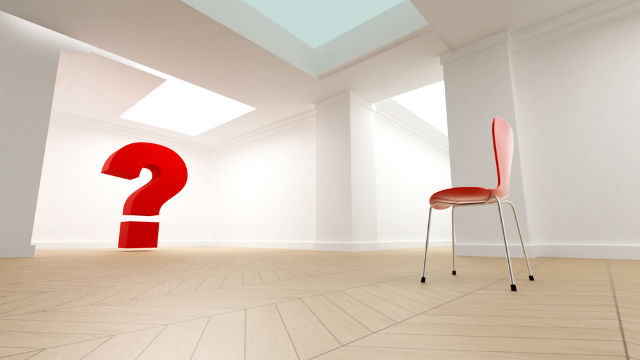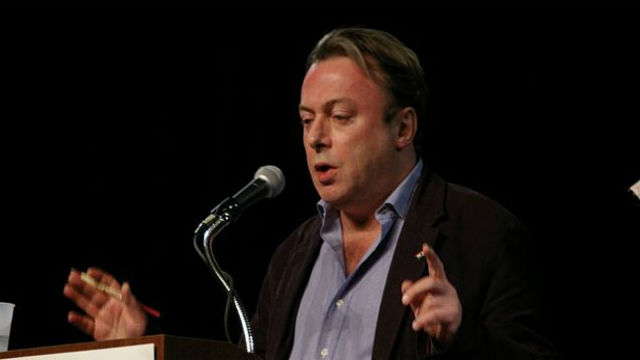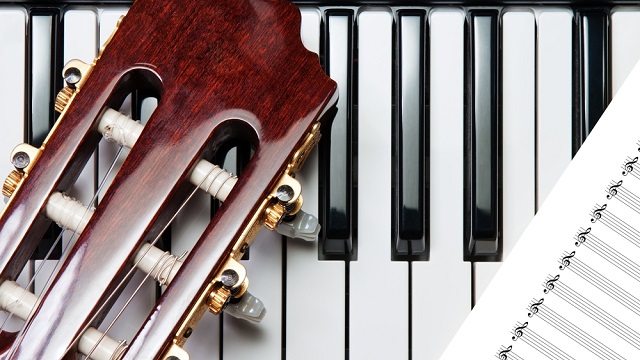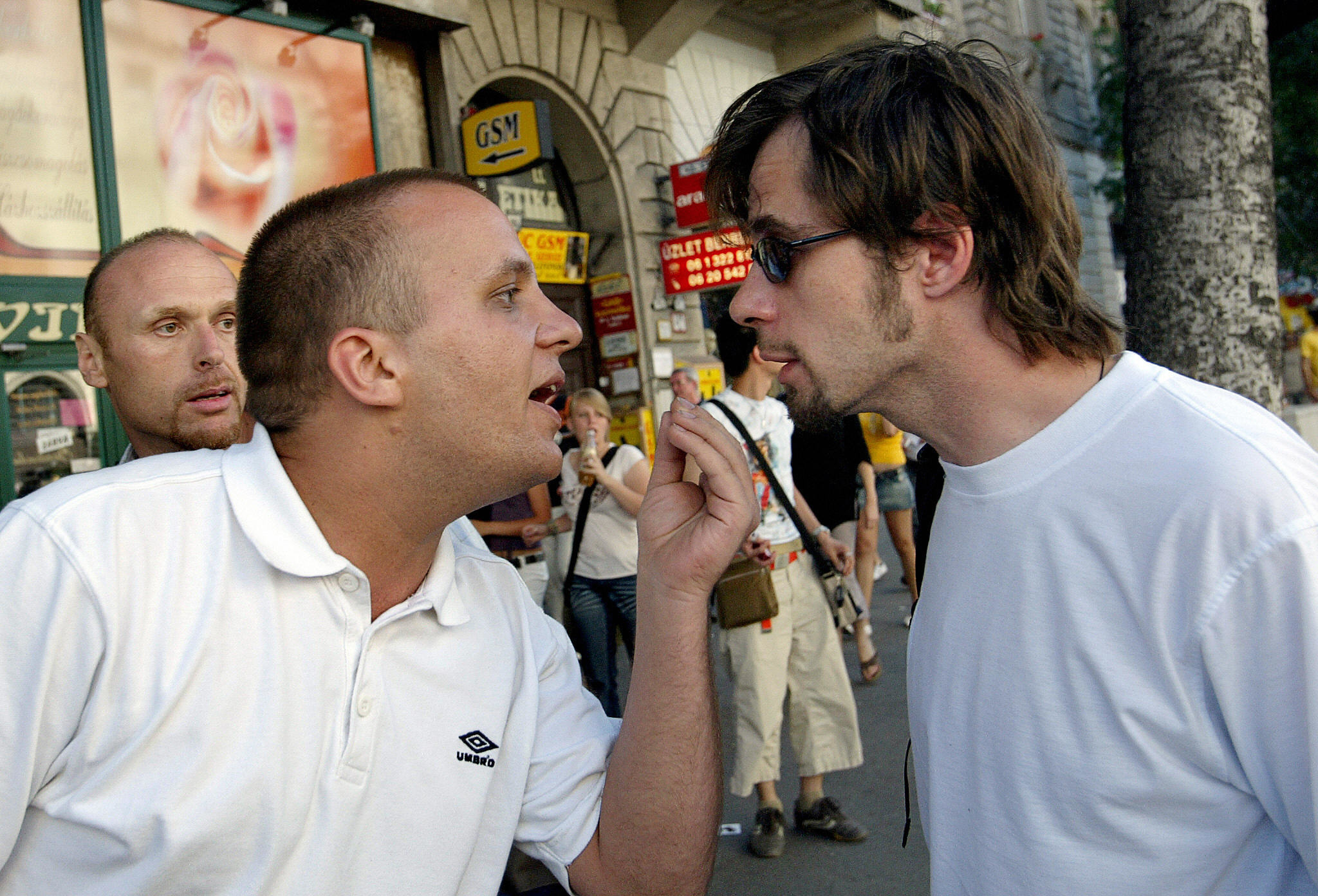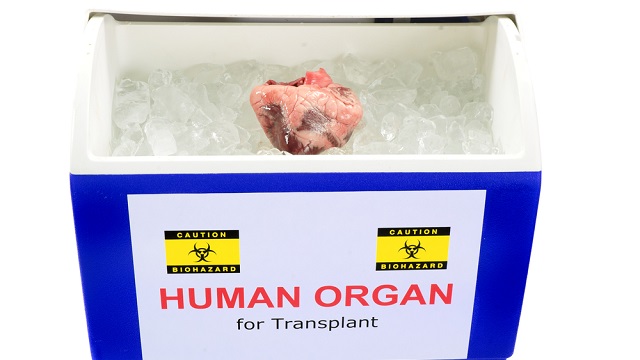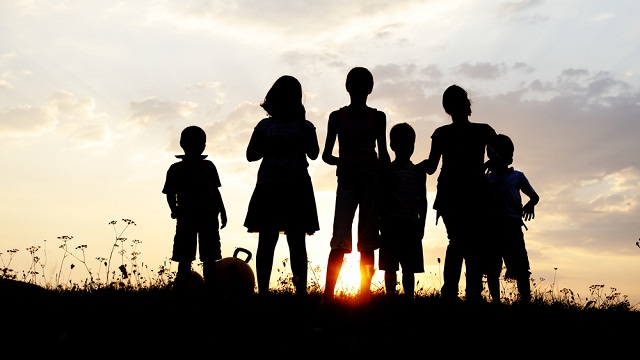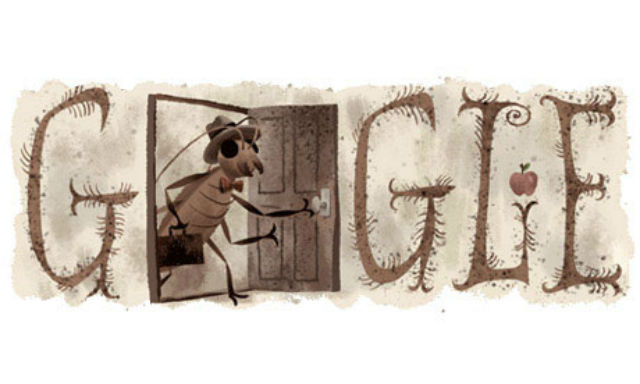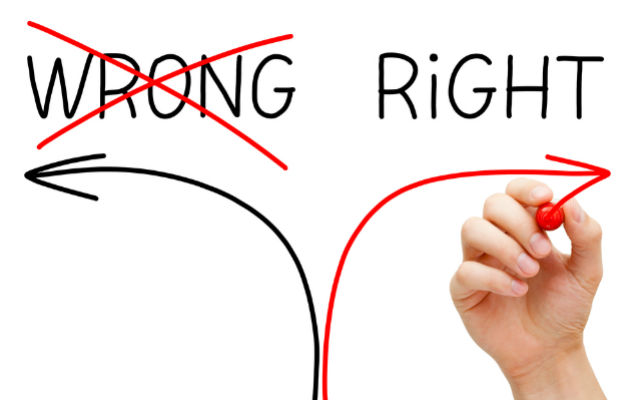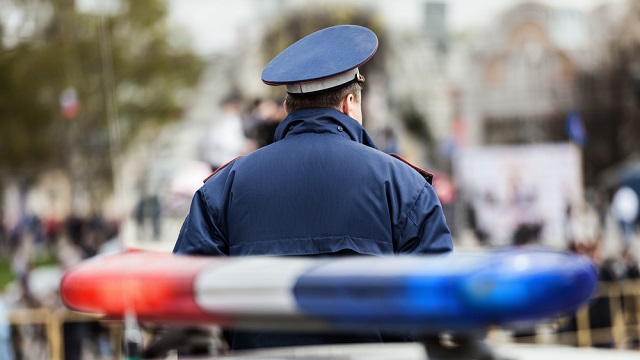Culture & Religion
All Stories
The less money you have, the more time you probably spend getting to your job. Christine Quinn, a candidate for mayor of New York City, wants to smooth out the curve.
A built-in webcam captures the person’s face, then tweaks the expression using software. Tests showed that subjects were more likely to “like” a garment when they saw themselves smiling in the mirror.
“Flipper” isn’t one of them: A team of Scottish scientists report that the animals’ distinctive whistles help label each other, allowing them to stay connected while swimming in a group.
Not literally: For an upcoming exhibit, the Museum of London will display detailed 3D-printed replicas that people can hold. From them, researchers also hope to learn jewelry-making techniques that are all but lost.
Colorado State University psychology professor Ann Cleary believes a feature of our memory sometimes causes us to believe we are familiar with places or situations we have never visited or experienced.
Neuroscience provides a chemical explanation for why some people are extroverted — seeking constant company, novelty, and thrills — and why others prefer solitude, routine, and serious talk.
Fearing for his marriage, a dentist fired an employee he deemed “irresistible.” The Iowa Supreme Court said that’s perfectly fine.
At a recent convention in London, manufacturers displayed prototypes of next-generation machines “that had the look, and feel, of oversized smartphones or tablet computers.”
Is a life lived without asking why a more impoverished life? There’s the question.
Christopher Hitchens, Demystifier Extraordinaire.
A study of 159 men and women enrolled in cognitive behavioral therapy has found that those patients who believed in God were more likely to receive the benefits of the therapy.
Scientists say their new storage method — which consists of encoding data on self-assembled nanostructures in fused quartz using a very fast laser — could preserve immense amounts of data long after human civilization has ended.
TouchKeys is a sensor-based system that enables a pianist to slide and wiggle their fingers just like a guitarist to produce the same types of sound effects. Unlike other systems, this one preserves the original keyboard design.
A city slicker attends a real Independence Day parade (a Praxis photo essay).
This week the country’s assembly voted to institute an opt-out policy for people who don’t want their organs donated upon their death. The measure was passed in response to an acute organ shortage.
A recently-formed production company is the newest in a growing line of people and organizations that are creating stage works tailored for viewing on computers and smartphones.
The Filip is an exceedingly smart smartwatch: It allows parents to monitor their kids using a smartphone app and send one-way text messages, and has an emergency button that, when pressed, broadcasts location information.
The death of the man himself shows that the word “Kafkaesque” is not guilty of the vacuousness which it is sometimes accused of.
America is the most original country in history precisely because everything American is stolen.
Introducing Thomas Cathcart’s new Big Think blog series, Why Philosophize?
I neglected the obvious answer to the question of why there exists a useless, contrived, poorly phrased cliche which does not meet good principles of reasoning and serves only to cloud issues.
Billed by some as “Facebook for cops,” BlueLine will allow officers to share and collaborate in a much more secure environment.
What does this phrase even possibly mean?
Our fascination with celebrity is a product of the modern era but its explanation may have roots deep within the biology of our brain. Culturally, it has benefited our species to imitate leaders.
Mindfulness meditation, a process through which the practitioner becomes more aware of his or her own thoughts and emotions, is gaining in popularity across the United States.
The search for an authentic life, in which one is always on the path toward personal growth, is a destructive tendency of modern life, say philosophy professor Simon Critchley and psychoanalyst Jamieson Webster.
A recent survey of nearly 4,000 American college students reveals that those who have casual sex are also more likely to suffer from states of anxiety and depression.
On Thursday (June 27) PayPal announced a new initiative that will research possible protocols for off-world currency transactions. With space tourism opportunities around the corner, it’s not so farfetched an idea.







